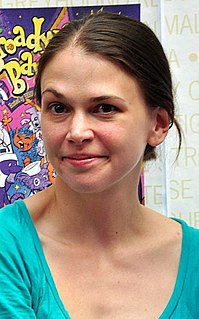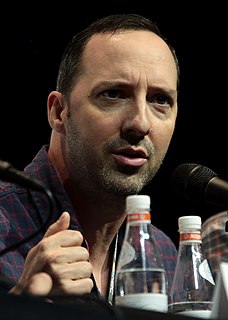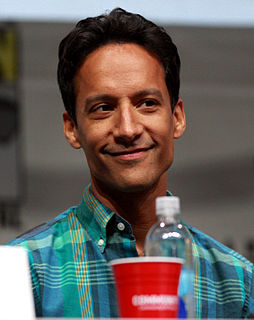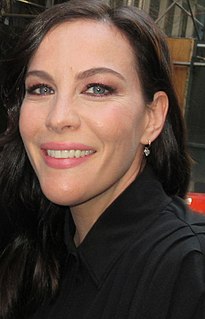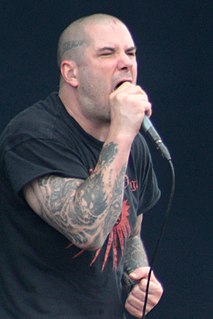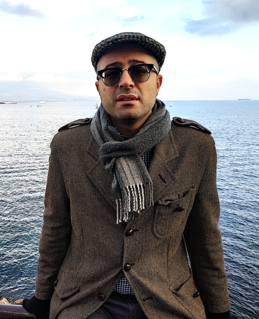A Quote by Andy Serkis
I mean, in many ways, you know, I felt very connected to Ian (Dury) on, on a lot of levels. I mean, politically, & sort of, socially, our, kind of, social backgrounds are quite similar in many ways, as well as our kind of artistic endeavors. So there were many, many things that sort of chimed in for me, and kind of made me feel very instinctive about playing him, and, and although, there was sort of a certain amount of impression involved, actually, there's a lot of myself in the role.
Related Quotes
I'm socially awkward. What draws me to playing socially awkward characters? I think they're interesting. I'm fascinated kind of by - I mean, I know I'm sure I've got my own social awkwardness but I'm kind of fascinated by that and I lived, probably, I attribute it - I lived in New York for a long time, road the subways, saw a lot of awkwardness, but they're just interesting. They're not cookie cutter. They're usually very colorful characters. They see things different ways and, I don't know, its just a kind of - just a kind of life that interesting to me.
I think in many ways, I'm sort of a blank canvas, because in many ways, I'm just observing the world and the people around me and their characters and letting them kind of explode off me and to find out why they're doing what they're doing. But then every once in awhile, I get to take on a whole new character.
As I lived on in America, I got to truly know the people of this country - so many kind and wonderful people, people of so many races - who helped me in so many ways. Who became my friends. I realized that underneath our different accents, habits, foods, religions, ways of thinking, we shared a common humanity.
I do believe that one of the major ways that we're out of alignment with our souls is in our disconnect from nature. I feel that we have kind of lost our natural way of being connected to the planet. We need to be rooted on the planet. We experience ourselves as kind of isolated from that, and I actually think that's a great cause of the suffering that many of us are experiencing, whether consciously or unconsciously.
There is no one kind of thing that we 'perceive' but many different kinds, the number being reducible if at all by scientific investigation and not by philosophy: pens are in many ways though not in all ways unlike rainbows, which are in many ways though not in all ways unlike after-images, which in turn are in many ways but not in all ways unlike pictures on the cinema-screen--and so on.
That kind of unease, that melancholy, is of course partly my interpretation, but partly, I think, it's something that's really there [in America] as well. It resonates with this moment and the sort of alienation from the power structure a lot of people feel, as well as a certain amount of desperation, in the hope of disrupting the power structure so they can live better lives. I think in those ways, it's intimately connected to today.
Gorecki, you know, there's a kind of personal thing there for me. I had, you know, kind of become obsessed with that sort of Soviet Bloc period. And actually, a lot of composers in the Soviet Bloc - Gorecki's not the only one - are writing for the harpsichord as a sort of reaction against enforced Soviet realism, expressionism, sort of enforced modernism.
However, for story reasons, we needed to represent them in certain ways. One of the things that sort of blew me away that I didn't know when we started is that memories are completely susceptible to change. And this is, you know, one of the many reasons why certain people are trying to get it taken out - eyewitness testimony in court cases because it's very unreliable.

